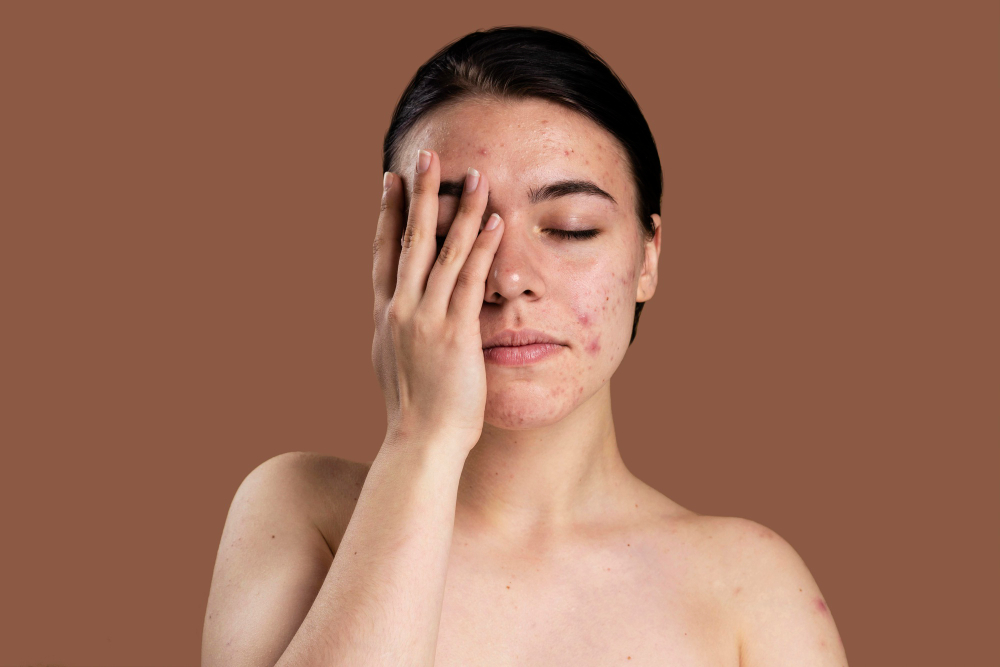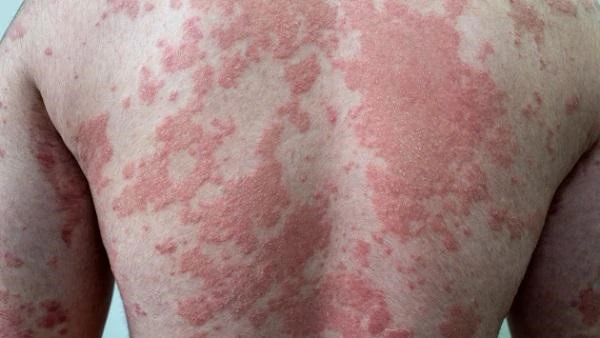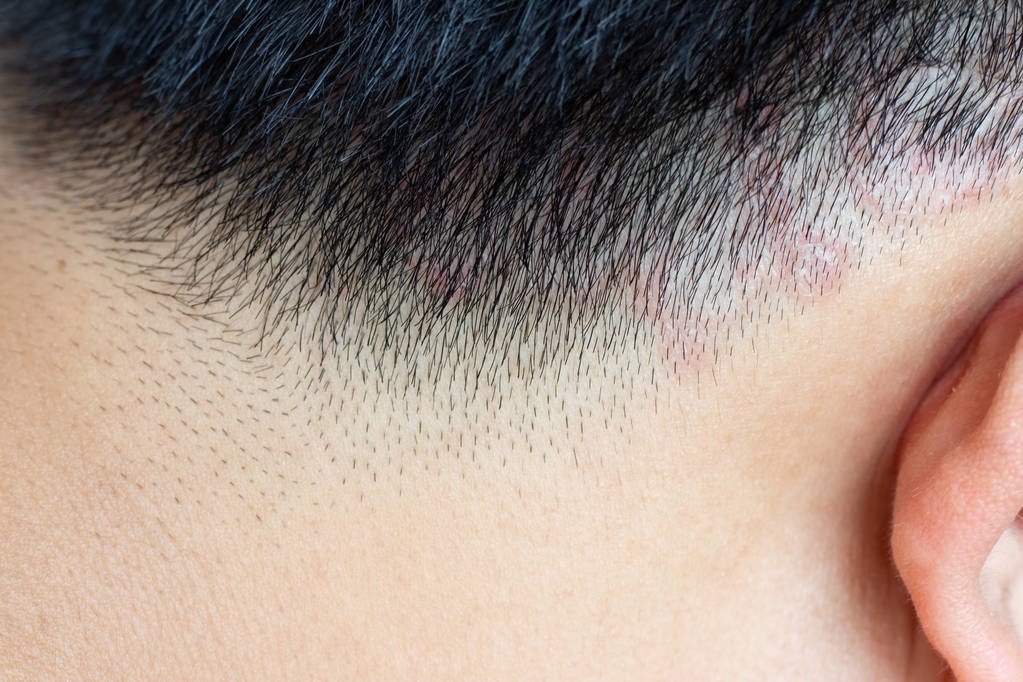July 19, 2024

Acne can manifest in various forms such as whiteheads, blackheads, pustules, hidden acne, and boils. Besides the face, acne can also appear on other areas of the skin, commonly on the back, shoulders, and chest. Many people tend to self-treat acne at home using cosmetics or mechanical methods.
General Tips for Acne-Prone Skin Care
1. What to Do When Taking Care of Acne-Prone Skin
1.1. Apply Ice to Reduce Swelling
This method is effective for swollen pimples and boils. Gently apply clean ice for about 1-3 minutes to help reduce swelling and pain. Ensure the ice is clean and avoid keeping it on the skin for too long to prevent irritation.
1.2. Use Tea Tree Oil
Tea tree oil is known for its antibacterial properties and its ability to reduce inflammation, making it effective for treating acne. Diluted tea tree oil (often found in spot treatment products) can be applied directly to acne-affected areas. However, it may cause irritation for sensitive skin, so it’s advisable to test a small amount first.
1.3. Use Acne Creams Containing Sulfur
Creams containing sulfur, benzoyl peroxide, or resorcinol can quickly reduce acne, especially inflamed pimples and pustules. However, long-term use can cause skin irritation and dryness, so these products should be used under the guidance of a dermatologist.
2. What Not to Do When Taking Care of Acne-Prone Skin
2.1. Avoid Squeezing or Popping Pimples
Improperly timing or executing pimple popping can cause severe skin damage, increasing the risk of infection and scarring. Skin takes longer to heal, and some scars might be permanent.
2.2. Don’t Apply Toothpaste on Pimples
While toothpaste can dry out pimples quickly, its fluoride and whitening agents can easily irritate the skin, potentially worsening acne.
2.3. Don’t Crush and Apply Aspirin
Although aspirin contains salicylic acid, which is used in acne treatment, the aspirin in oral medications is not suitable for topical use. It’s better to use products specifically formulated with salicylic acid for skin and acne.
2.4. Avoid Using Accessories to Cover Acne
Using tight headbands, hats, or thick hair to cover acne is not a long-term solution and can worsen the condition.
Improper acne care can aggravate the condition, so it’s essential to follow the right practices.
Acne Skincare by Type
Different types of acne require different care routines.
1. Caring for Inflammatory Acne
Inflammatory acne includes acne vulgaris, cystic acne, and nodular acne, causing painful, swollen, and red lesions. This condition is often due to the buildup of sebum, bacteria, and dead skin cells.
Benzoyl Peroxide for Inflammatory Acne
Benzoyl peroxide is commonly used to treat inflammatory acne because it reduces inflammation and eliminates bacteria. For severe inflammation unresponsive to topical treatments, consult a dermatologist for antibiotic prescriptions alongside benzoyl peroxide. Topical retinoids are also effective for treating inflamed pimples and nodules.
2. Caring for Oily Acne-Prone Skin
Oily, acne-prone skin needs gentle cleansing with products that do not contain harsh detergents like soap. Choose fast-absorbing, non-greasy, oil-free moisturizers.
Many people with oily skin aim to remove oil as much as possible, opting for hot water or strong cleansing agents. This can dry out the skin, and if not adequately moisturized afterward, it can lead to more oil production and acne.
3. Caring for Hidden Acne
Hidden acne is often caused by inadequate cleansing, combined with large pores and accumulated sebum and dead skin cells. Cleanse the pores thoroughly. For inflamed hidden acne, extraction or medications to push the acne out might be necessary.
Related blog posts

Dermatology
The Growing Role of AI in Healthcare
Artificial Intelligence (AI) has become an integral part of modern life, with its influence growing rapidly, especially in healthcare.

Dermatology
Understanding Psoriasis: Causes, Symptoms, and Treatment Options
Psoriasis is a chronic autoimmune skin condition that affects millions of people worldwide.

Dermatology
What is scalp ringworm?
Scalp ringworm is a fairly common skin condition. Let’s learn about scalp ringworm and how to treat it.